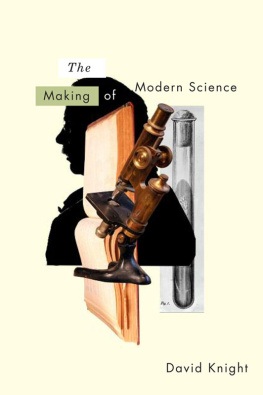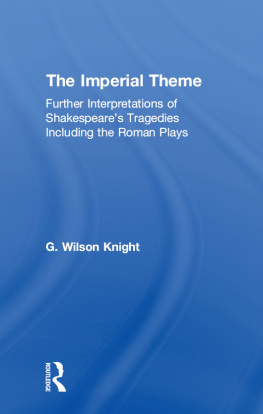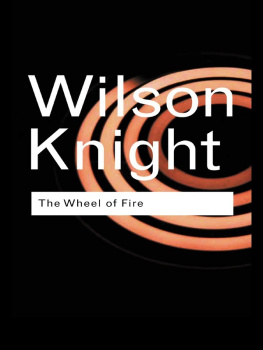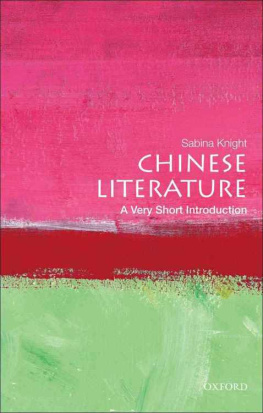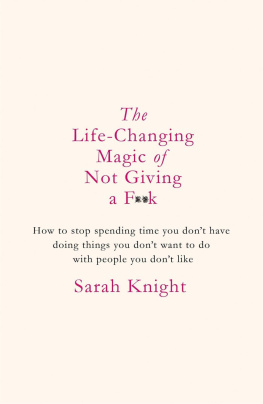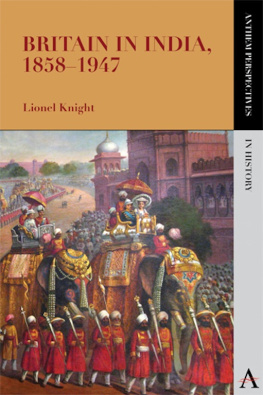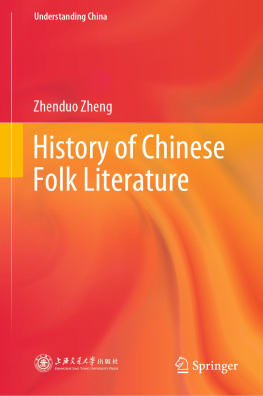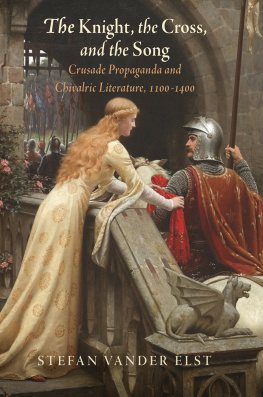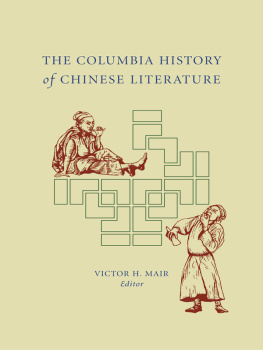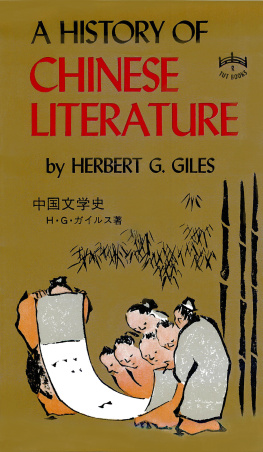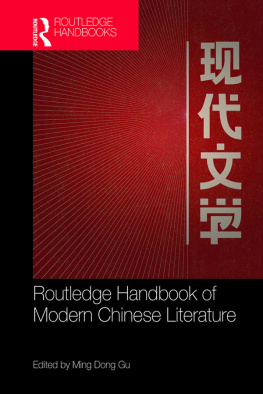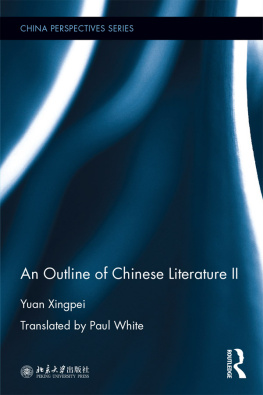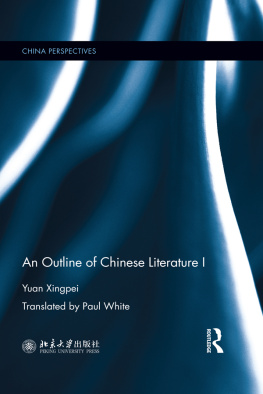Knight - Chinese Literature
Here you can read online Knight - Chinese Literature full text of the book (entire story) in english for free. Download pdf and epub, get meaning, cover and reviews about this ebook. City: USA;OXFORD, year: 2012;2013, publisher: Oxford University Press, genre: Religion. Description of the work, (preface) as well as reviews are available. Best literature library LitArk.com created for fans of good reading and offers a wide selection of genres:
Romance novel
Science fiction
Adventure
Detective
Science
History
Home and family
Prose
Art
Politics
Computer
Non-fiction
Religion
Business
Children
Humor
Choose a favorite category and find really read worthwhile books. Enjoy immersion in the world of imagination, feel the emotions of the characters or learn something new for yourself, make an fascinating discovery.

Chinese Literature: summary, description and annotation
We offer to read an annotation, description, summary or preface (depends on what the author of the book "Chinese Literature" wrote himself). If you haven't found the necessary information about the book — write in the comments, we will try to find it.
Chinese Literature — read online for free the complete book (whole text) full work
Below is the text of the book, divided by pages. System saving the place of the last page read, allows you to conveniently read the book "Chinese Literature" online for free, without having to search again every time where you left off. Put a bookmark, and you can go to the page where you finished reading at any time.
Font size:
Interval:
Bookmark:
This book was an unanticipated labor of love, and I am grateful to Nancy Toff and Jeffrey Wasserstrom for proposing it. Many teachers shaped my understandings of classical and modern Chinese and their literatures, and I am especially indebted to Cyril Birch, Tsai-fa Cheng, Samuel H. N. Cheung, Robert Joe Cutter, William H. Nienhauser, and, above all, Joseph S. M. Lau. Vicky Knight and Samuel A. Richmond closely edited, and Lev Navarre Chao offered perceptive suggestions from a students view. For helpful comments and discussion, I also thank Michael Puett, Kidder Smith, and anonymous readers for Oxford University Press. Finally, deepest thanks go to Wilson Chao for his great faith, incisive editorial advice, and love of clear writing.
Excerpt from The I Ching or Book of Changes, translated by Richard Wilhelm and Cary F. Baynes. Copyright 1977 Princeton University Press. Reprinted with permission of the publisher.
Second of the Nineteen Old Poems, from The Columbia Book of Chinese Poetry: From Early Times to the Thirteenth Century, by Burton Watson. Copyright 1984 Columbia University Press. Reprinted with permission of the publisher.
Deer Fence and final line from Nineteen Old Poems II from An Anthology of Chinese Literature: Beginnings to 1911, edited and translated by Stephen Owen. Copyright 1996 by Stephen Owen and The Council for Cultural Planning and Development of the Executive Yuan of the Republic of China. Used by permission of W. W. Norton & Company, Inc.
Excerpt from Peony Pavilion, from Scenes for Mandarins: The Elite Theater of the Ming, by Cyril Birch. Copyright 1995 Columbia University Press. Reprinted with permission of the publisher.
Excerpts from The Peach Blossom Fan by Kung Shang-jen, translated by Chen Shih-hsiang and Harold Acton. Copyright 1976 by the Regents of the University of California. Used with permission of the University of California Press.
Sixteen words from The Story of the Stone, Vol. 1: The Golden Days by Cao Xueqin, translated with an introduction by David Hawkes (Penguin Classics, 1973). Copyright David Hawkes, 1973.
Dead Water, translated by Kai-yu Hsu, from Twentieth Century Chinese Poetry by Kai-yu Hsu, translated by Kai-yu Hsu, translation copyright 1963 by Kai-yu Hsu. Used by permission of Doubleday, a division of Random House, Inc. For online information about other Random House, Inc. books and authors, see the Internet website at http://www.randomhouse.com .
The paths to knowledge in Chinese literature may sometimes surprise. Readers sympathetic to intuitive understanding will find inspiration in the collection named after the legendary sage Zhuangzi  (lit., Master Zhuang, ca. 369286 BCE). Here is Zhuangzis conversation with the logician Huizi as they wander on a bridge above the Hao River.
(lit., Master Zhuang, ca. 369286 BCE). Here is Zhuangzis conversation with the logician Huizi as they wander on a bridge above the Hao River.
The fish swim at ease, for they are happy.
Youre not a fish, says Huizi. How do you know the fish are happy?
Youre not me. How do you know that I do not know that the fish are happy?
I am not you; surely I do not know you. You surely are not a fish; thus you do not know that the fish are happy.
Please let me trace back to the root of this, Zhuangzi continues.
The reason you asked how I know the fish are happy is that you already knew that I knew. I know it just by being here above the Hao.
Zhuangzi first engages Huizis logic, but then offers another path to wisdom. Just as Huizi could know what Zhuangzi knew even if he did not agree, Zhuangzi sensed that the fish were happy. For the logician, language is the only means of communication. For Zhuangzi, since he and the fish are part of the same universe, he can be attuned to the fish. To be so attuned means continually broadening ones perspective, as the River Spirit learns in another parable attributed to Zhuangzi. Having journeyed to the ocean, the River Spirit realizes he has seen but part of the whole. The Ocean Spirit comments, You cannot speak of the ocean to a well-frog.
The desire for a broader perspective, shared by all the major schools of Chinese thought, is memorably voiced by one of Chinas most beloved poets, the optimistic statesman Su Shi  (10371101). In First Rhyme-prose on a Red Cliff
(10371101). In First Rhyme-prose on a Red Cliff  , Su describes a boat outing on the Yangtze River. The drinking party turns somber when they pass a famous battle site. Because defeat at this site effectively sealed the downfall of the Han dynasty, the visit inspires a dialogue on questions of change and continuity. How can one make sense of the destruction of former kingdoms? At one point a guest laments the insignificance of human existence.
, Su describes a boat outing on the Yangtze River. The drinking party turns somber when they pass a famous battle site. Because defeat at this site effectively sealed the downfall of the Han dynasty, the visit inspires a dialogue on questions of change and continuity. How can one make sense of the destruction of former kingdoms? At one point a guest laments the insignificance of human existence.
[Like] mayflies thrown between heaven and earth.
One grain in a boundless green sea.
To assuage his friends anxiety, Su evokes the moon that waxes and wanes and rivers that flow on and on but never disappear. Recalling natures constancy, he encourages a more philosophical attitude toward change.
If you view things from the aspect of change,
Then heaven and earth can last no longer than the blink of an eye.
But if you view things from their unchanging aspect,
Then material things and I will never end.
Sus eleventh-century reflections on impermanence and constancy address a guiding theme of the Chinese literary imagination. How can one respond to the transient nature of human existence? Concern about times passing added urgency to questions of benefit and harm, imperatives of public service, and desires for friendship, family, and other achievements. Literary culture helped people pursue these questions and desires, and this focus on human pursuits guided them in facing the changes wrought by time. Zuos Commentary of the late fourth century BCE documents this reliance on words as one of three ways to die but not to perish: First is to establish virtue; second to establish good deeds, and third to establish words.
of the late fourth century BCE documents this reliance on words as one of three ways to die but not to perish: First is to establish virtue; second to establish good deeds, and third to establish words.
The antiquity of early Chinese texts is astounding by Western standards. Although modern Chinese differs from early Chinese as much as English differs from Latin, experts today can still read the Chinese inscribed on tortoise shells and sheep scapulae dating from the Shang dynasty (16001046 BCE). Used for divination, these oracle bone inscriptions asked questions composed of individual characters  , the answers to which were divined by interpreting cracks formed when the bones were heated over fire.
, the answers to which were divined by interpreting cracks formed when the bones were heated over fire.
These characters became the foundation of Chinese culture. Although their forms and meanings evolved over time, modern Chinese still uses characters from ancient texts, and the continuity of the writing system has been crucial in helping Chinas central traditions to cohere. The writing systems uniformity across the continent has also enabled communication despite wide variations among the spoken languages of different regions. Often called dialects, but better named topolects (languages of places), many of these regional languages are as different orally as German from English.
Chinas survival over three thousand years may owe more to its literary traditions than to its political history. Unlike the Roman Empire, China repeatedly reunited as a polity in part through faith in the power of writing 
Font size:
Interval:
Bookmark:
Similar books «Chinese Literature»
Look at similar books to Chinese Literature. We have selected literature similar in name and meaning in the hope of providing readers with more options to find new, interesting, not yet read works.
Discussion, reviews of the book Chinese Literature and just readers' own opinions. Leave your comments, write what you think about the work, its meaning or the main characters. Specify what exactly you liked and what you didn't like, and why you think so.

